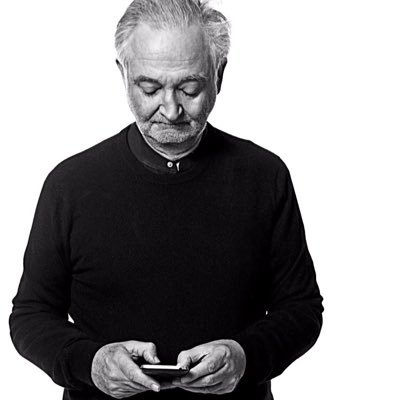Nationalizing the State
Before threatening to nationalize private firms, politicians should start by nationalizing the state; that is to say to subordinate it to the vested interests of the Nation and not to their political and media ambitions…




Before threatening to nationalize private firms, politicians should start by nationalizing the state; that is to say to subordinate it to the vested interests of the Nation and not to their political and media ambitions…
While public debates in all the official European palaces focus on the impossible management of the public debt, whose moratorium we shall have to consider daring to organize one day, lenders, are increasingly interested in another issue: the labor market…
Parmi les innombrables sujets en suspens en Europe, il en est un, dont on ne parle pas assez et qui est pourtant déterminant pour l’avenir : le programme Erasmus, qui permet à des étudiants d’aller étudier six mois dans un autre pays de l’Union…
En ces temps de réflexion sur les libertés nouvelles que chacun pourrait se voir accorder, il en est une, à laquelle nul ne réfléchit assez, à mon sens, qui concerne l’identité Pourquoi faudrait-il accepter le nom, et le prénom que nos parents nous imposent ?…
There is a very fashionable scenario in Paris at the moment: why reform? The global financial crisis is almost over; the world is at the end of an economic cycle; growth will return soon everywhere and especially in the West; first in the United States and then in Europe…
For a very long time, in France, the political powers have enjoyed requesting reports. More precisely, they have requested them since the early 1780s, when the new monarch, who would meet a tragic fate, constrained by a major food,…
If we do not want the current upturn in the financial markets (which gives the illusion that the euro is saved) to be a parenthesis between two storms, it is urgent to restore economic growth and for this, to clarify the political strategy required.
Here’s a riddle: in what country are the richest 1% paying 41% of all the income taxes and where the richest 5% are paying more than 65%?
Grenoble, Marseilles, and Strasbourg. Three cities, that were the place of three recent tragic events, with no relationships among them, and many would like to make them appear as simple or ordinary news items. In Grenoble, two young men were massacred by a gang of thugs, for a misinterpreted look.